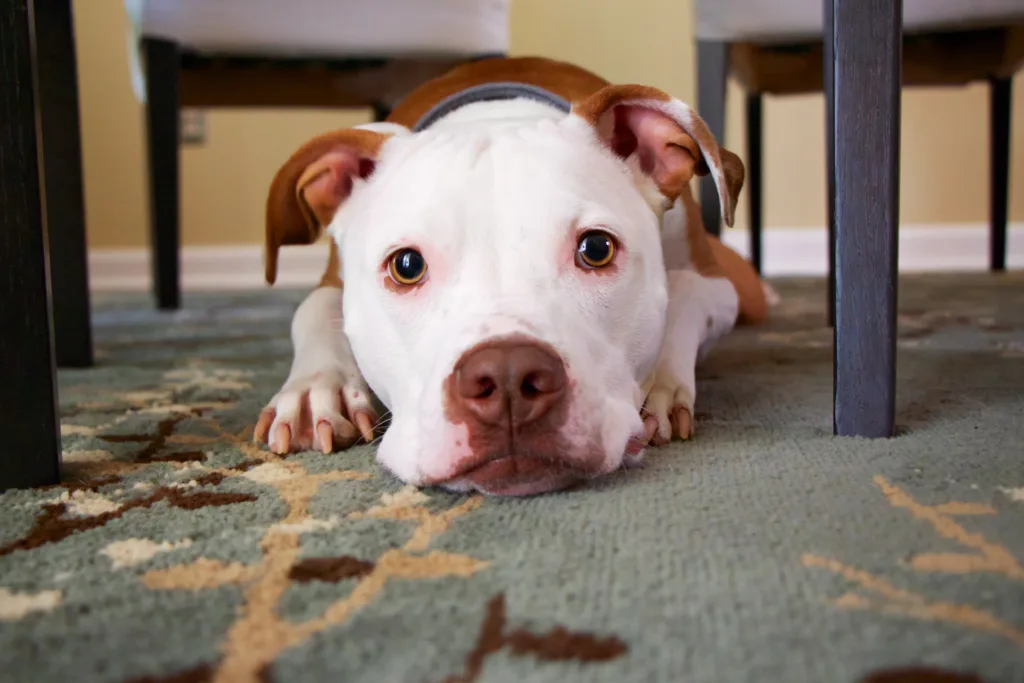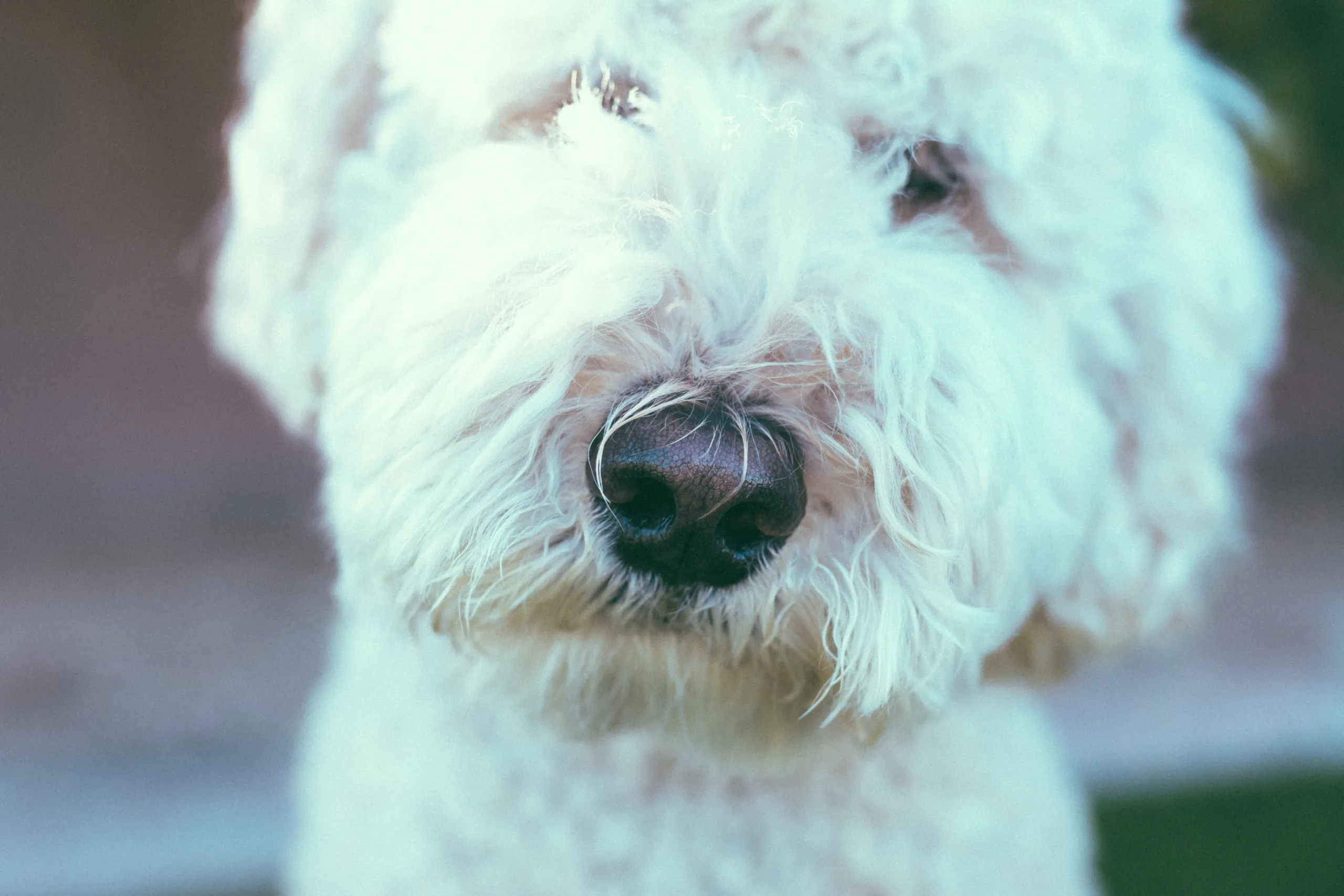Introduction
Having a furry companion can be one of life’s greatest joys, but it also comes with the responsibility of caring for their well-being. As a loving dog owner, you might have noticed your canine friend’s nose feeling dry from time to time. This might raise concerns and questions about their health. In this article, we will explore the reasons behind a dog’s dry nose and provide insights into when it’s normal and when it might indicate an underlying issue.
For more about dogs click here
What’s Normal: Understanding Dog Nose Variations
Dogs have a remarkable sense of smell, and their noses serve as an essential tool to explore the world around them. It is entirely normal for a dog’s nose to vary in moisture levels throughout the day. You may notice that your dog’s nose feels wet and cool at times, while at other times, it might be warm and dry. These changes are influenced by environmental factors, activity levels, and hydration.
Causes of Dry Nose in Dogs
Environmental Factors
A dog’s nose can become dry due to various external factors. During hot and sunny days, exposure to the sun can cause their nose to dry out. Similarly, staying in a dry, air-conditioned room for an extended period can also lead to a decrease in nose moisture.
Dehydration
Just like humans, dogs need proper hydration to maintain their overall health. Dehydration can affect their nose as well, leading to dryness. Make sure your dog has access to fresh water at all times, especially during hot weather or after physical activity.
Sunburn
Believe it or not, dogs can get sunburned too! Dogs with lighter-colored or thin-furred noses are particularly susceptible to sunburn. This can cause their nose to become dry, flaky, and even cracked.
Allergies
Allergies can trigger various reactions in dogs, including a dry nose. Common allergens like pollen, mold, dust mites, or certain foods can cause nasal irritation, leading to dryness.
Certain Medical Conditions
In some cases, a dry nose can be an indication of an underlying medical condition. Autoimmune diseases, certain infections, and hormonal imbalances can affect a dog’s nose moisture.
Common Myths About Dog Nose Moisture
Myth 1: A Dry Nose Means a Sick Dog
Contrary to popular belief, a dry nose doesn’t always indicate illness in dogs. As mentioned earlier, a dog’s nose moisture can vary naturally. Even healthy dogs can have a temporarily dry nose.
Myth 2: Constant Wet Nose Equals Good Health
While a moist nose is generally a good sign, it doesn’t necessarily mean that a dog is entirely healthy. A dog can still be in good health with a dry nose, as long as they show no other concerning symptoms.

When to Be Concerned: Recognizing Signs of Illness
Although a dry nose is not always a cause for concern, certain signs should prompt you to seek veterinary attention. These signs include persistent dryness, crustiness, bleeding, discharge, or changes in your dog’s behavior and appetite.
Home Remedies to Soothe Dry Dog Noses
If your dog’s nose is mildly dry due to environmental factors, you can try some home remedies to provide relief. Applying a thin layer of coconut oil or petroleum jelly on their nose can help retain moisture. However, it’s essential to avoid using human products that may contain harmful ingredients.
Prevention: Keeping Your Dog’s Nose Healthy
Preventing a dry nose involves simple steps. Ensure your dog has access to fresh water at all times and avoid prolonged sun exposure, especially during peak hours. You can also provide a shaded area when outside.
The Importance of Regular Vet Checkups
Regular visits to the veterinarian are crucial for your dog’s overall health. A vet can assess your dog’s nose and detect any underlying issues early on. Routine checkups help in preventing and treating potential health problems.
Conclusion
In conclusion, a dry nose in dogs is often a normal variation and not a cause for immediate concern. Understanding the various factors that can contribute to a dog’s dry nose can help you provide better care for your furry friend. Remember, while a dry nose can be a result of environmental factors or dehydration, certain medical conditions may also cause it. If you notice any persistent issues or alarming symptoms, don’t hesitate to consult your veterinarian for proper guidance and care.
FAQs
- Q: Should I be concerned if my dog’s nose is dry?
- A: Not necessarily. As mentioned in the article, a dog’s nose moisture can vary naturally. If your dog is otherwise healthy and shows no other concerning symptoms, a temporarily dry nose may not be a cause for concern.
- Q: Should a dog’s nose be wet or dry?
- A: A dog’s nose can be both wet and dry at different times, and both states can be normal. Environmental factors, hydration levels, and activity can influence the moisture of a dog’s nose.
- Q: How do you treat a dry nose on a dog?
- A: If your dog’s nose is mildly dry due to environmental factors, you can try applying a thin layer of coconut oil or petroleum jelly to help retain moisture. However, if the dryness persists or is accompanied by other symptoms, it’s best to consult a veterinarian for proper diagnosis and treatment.
- Q: Why is my dog’s nose not cold or wet?
- A: A dog’s nose may not always feel cold or wet. As mentioned in the article, a dog’s nose moisture can fluctuate throughout the day, and factors such as the environment and hydration levels can influence its feel. As long as your dog is healthy and exhibits no other concerning signs, a dry or warm nose alone may not indicate a health problem.
